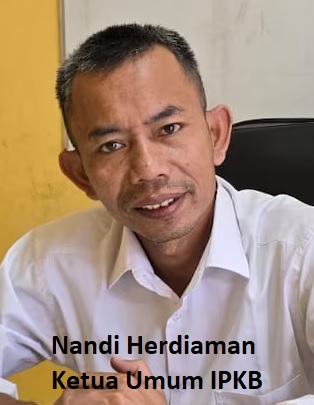Indonesia will soon have a textile company from Sri Lanka which will absorb as many as 12,000 workers in Semarang. This was revealed by the Director of the Textile, Leather and Footwear Industry, Ministry of Industry (Kemenperin) Adie Rochmanto Pandiangan. According to him, the textile company from Sri Lanka has landed in Semarang, Central Java. "He has moved the factory from Sri Lanka, it's a big company, he [absorbed] 12,000 employees from here," said Adie, Tuesday (28/2/2023). Adie did not clearly state the name of the company from Sri Lanka and the amount of investment through foreign direct investment (PMA) that had just been invested.
However, according to Adie, the textile company has now started to carry out production activities, and the Ministry of Industry plans to visit the factory in the near future. Adie further explained, although currently the domestic textile industry is experiencing difficulties in marketing its products, the arrival of foreign companies is not bad news.
In fact, according to him, this is a signal that other countries perceive Indonesia as a country experiencing relatively stable economic growth, so that Sri Lanka entrusts industries in Indonesia to accept new FDI.
"It's an investment, it's okay, if it's competition, it's called business," said Adie.
In addition, continued Adie, the new company will definitely think about the upstream to downstream processes, including where the products will be marketed. Thus, the domestic industry need not worry in this regard.
"In terms of marketing, if he's here, he's already thought that far, isn't it a business risk," said Adie.
Moreover, Adie said, currently the domestic textile industry is exploring the growth of local orders. Even the Indonesian domestic market is being the target of various countries to market their products.
Based on Bisnis.com's records, the textile industry is still included in the manufacturing industry sub-sector which is in a contractionary position based on the Ministry of Industry's industrial confidence index (IKI) in February. This is because since last year, the textile industry has been affected by weakening export demand due to economic instability in export destination countries.
Meanwhile, industry players also cannot rely on the domestic market due to a flood of illegally imported products.








